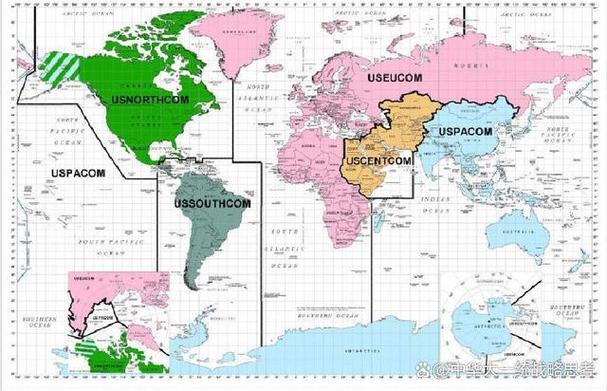The Collapse of the US-Japan Tariff Negotiations: Reasons and Implications
 summary:
The recent collapse of the United States-Japan tariff negotiations has sparked concerns an...
summary:
The recent collapse of the United States-Japan tariff negotiations has sparked concerns an... The recent collapse of the United States-Japan tariff negotiations has sparked concerns and speculation among global trade observers. After months of intense discussions and several rounds of negotiations, the two major economic powers failed to reach a consensus on key issues, leaving the future of their trade relations in doubt. Here are some reasons why the negotiations failed again.
First and foremost, the underlying differences in economic interests and policy priorities between the United States and Japan are significant. The US is primarily focused on issues like market access, technology transfer, and intellectual property rights, while Japan is concerned about the potential impact of tariffs on its export industries and the overall economy. With each side holding firm to its own agenda, it became increasingly difficult to find common ground.
Moreover, the escalating nature of the trade conflict between the two countries added complexity to the negotiations. As the dispute intensified, both sides dug in their heels on their respective positions, making it increasingly challenging to compromise or find a middle ground. This escalation also created an atmosphere of uncertainty and instability that was not conducive to productive negotiations.
Furthermore, political factors played a role in the collapse of the negotiations. With elections in the US approaching, political pressures and short-term political considerations influenced the country's trade policies and negotiating stance. This made it challenging for Japan to find a lasting solution that would satisfy both its economic interests and align with the political agenda in the US.
Additionally, communication breakdowns between the two countries also contributed to the failure of the negotiations. Despite several rounds of discussions and meetings, there were reports of miscommunications and misunderstandings on key issues. This lack of effective communication made it difficult for both sides to understand each other's perspectives and concerns, hindering progress in reaching a consensus.
The collapse of the US-Japan tariff negotiations has significant implications for global trade and the global economy. It not only affects the trade relationship between the two countries but also has broader ramifications for global supply chains and global market confidence. The uncertainty created by this failure could lead to increased risks and instability in global trade, affecting businesses and investors worldwide.
In conclusion, the collapse of the US-Japan tariff negotiations is a complex issue that involves economic, political, and communication factors. It highlights the challenges faced by major economies in reaching consensus on trade issues and the need for greater cooperation and understanding between nations. As the future of global trade remains uncertain, it is crucial for all parties to work together to find solutions that benefit everyone and promote global economic growth and stability.

